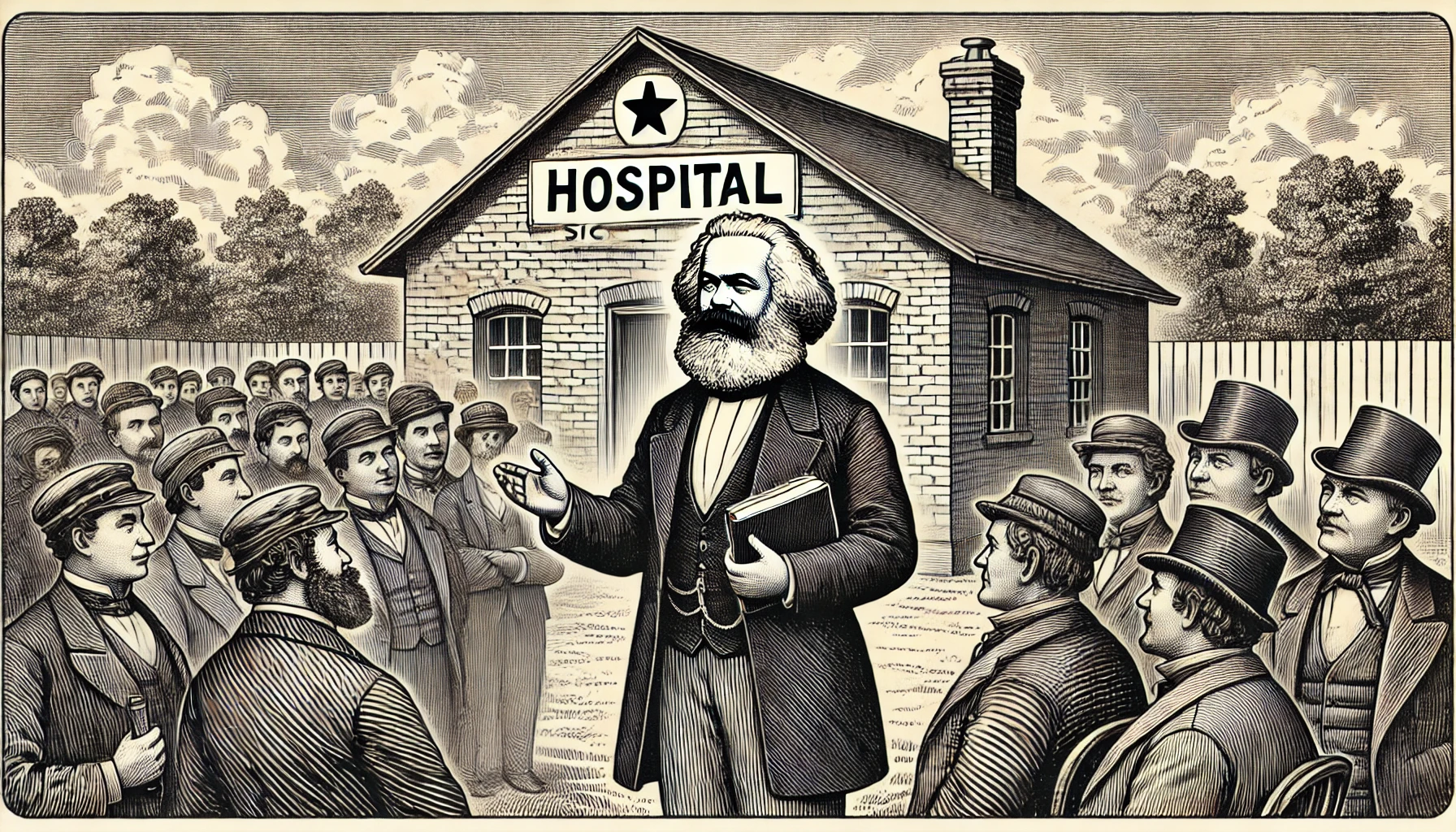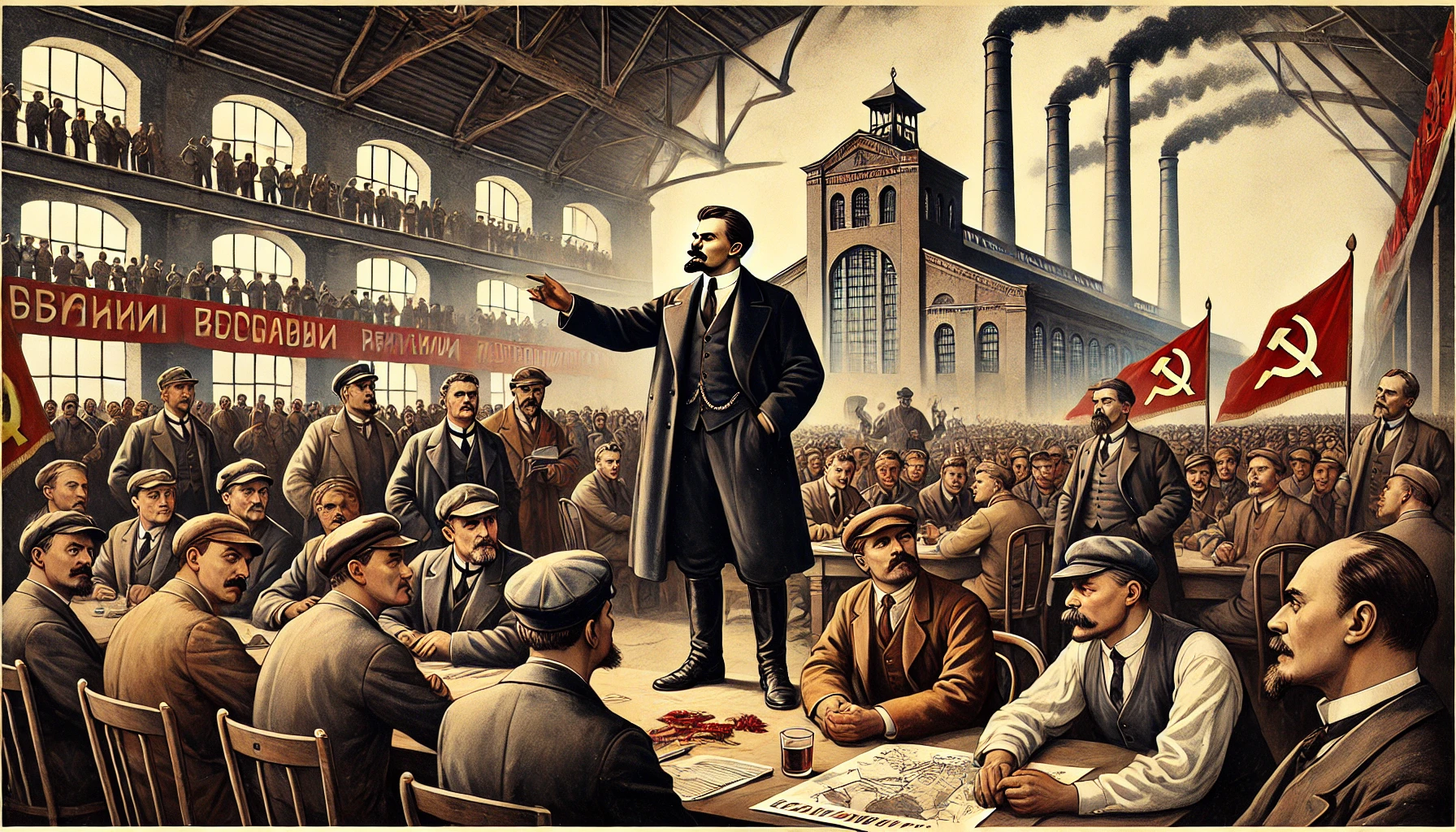Lenin’s Prescription for the Proletariat: Nationalizing Healthcare for the Greater Good
Vladimir Lenin’s revolutionary ideology emphasized the collective good over individual interests, a principle that naturally extends to healthcare. Lenin understood that the health of the proletariat was critical to the success of the socialist state. Under his leadership, the Soviet Union became one of the first nations to implement a universal healthcare system, laying the groundwork for the global movement toward socialized medicine.
Lenin’s approach to healthcare was deeply pragmatic. He recognized that a healthy workforce was essential for building socialism. Illness and disease weakened the proletariat, hindering their ability to contribute to and benefit from the collective system. By nationalizing healthcare, Lenin sought to ensure that all citizens, regardless of class, had access to medical care.
Critics of nationalized systems often point to inefficiencies or lack of innovation, but Lenin would counter that capitalist healthcare systems prioritize profit over people. For Lenin, socialized medicine was not just about improving individual health—it was about empowering the working class and strengthening the socialist state.
Lenin’s vision remains influential, demonstrating that healthcare can be both a right and a revolutionary tool. His policies serve as a reminder that equitable healthcare is not just achievable but essential in a just society.
Originally posted 2024-10-27 12:01:19.



